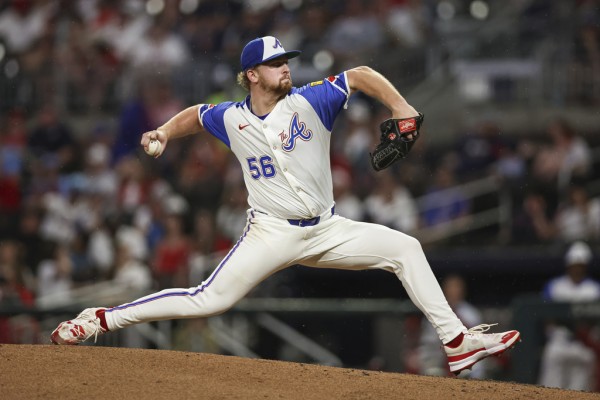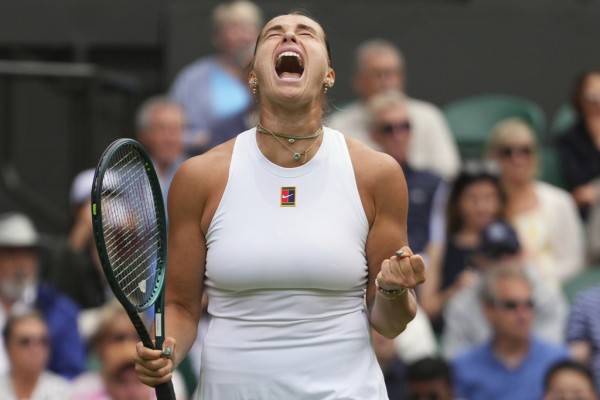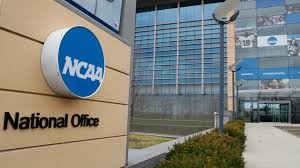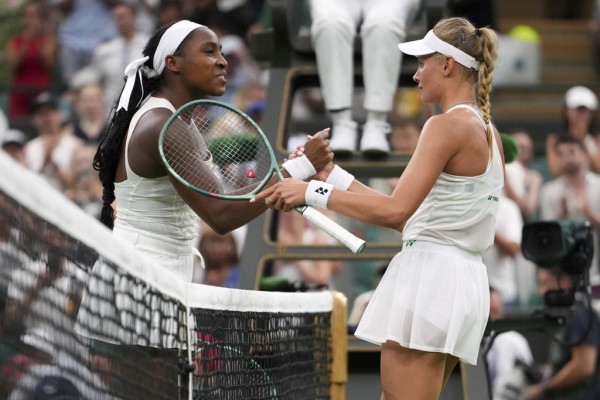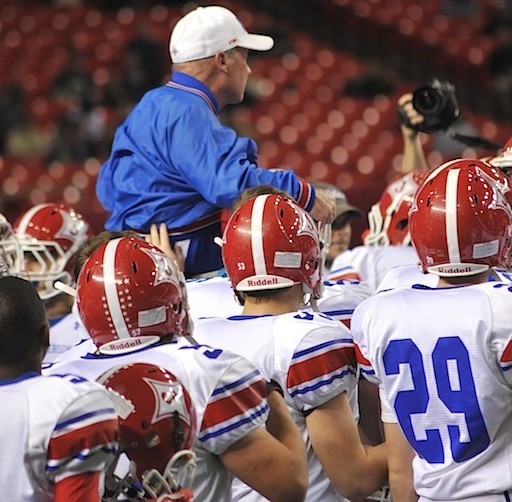The NCAA stripped Oregon of a scholarship in each of the next two seasons and placed the program on probation for three years, opting against stiffer penalties like a bowl ban despite issuing a show-cause order against former coach Chip Kelly, who apologized to the school, its fans and it players.
The NCAA's Division I Committee on Infractions released a report on Wednesday that said Kelly failed to monitor the program for its improper involvement with Willie Lyles and his Houston-based recruiting service.
Kelly was hit with an 18-month show-cause order, a sanction that likely will have limited impact now that he's coaching the Philadelphia Eagles.
The program he left behind faces three years of scholarship reductions, starting last year and extending through 2014-15. It also faces reductions in paid visits and evaluation days, but avoided some of the harsher penalties handed down to other programs in recent years.
"Now that the NCAA has concluded their investigation and penalized the University of Oregon and its football program, I want to apologize to the University of Oregon, all of its current and former players and their fans," Kelly said in a statement. "I accept my share of responsibility for the actions that led to the penalties. As I have I stated before, the NCAA investigation and subsequent ruling had no impact on my decision to leave Oregon for Philadelphia. I have also maintained throughout that I had every intention to cooperate with the NCAA's investigation, which I did."
The NCAA had been looking into Oregon's program for more than two years after learning Oregon had paid $25,000 to Lyles and his recruiting service, Complete Scouting Services.
The NCAA's infractions committee found that Lyles provided cash and free lodging to a prospect, and engaged in impermissible calls and off-campus contact with prospects, their families and high school coaches.
It also said the football program exceeded coaching limits by allowing staff members to engage in recruiting activity.
Through self-imposed sanctions, Oregon lost one new scholarship in 2012-13 and its total number of scholarships was reduced by one from the maximum of 85. It also will lose a new scholarship in 2013-14 and have the total reduced by one each year through the 2014-15 academic year.
The NCAA cut Oregon's official paid visits from 56 to 37 for the next three academic years, reduced its spring and fall evaluation days for each of the next three seasons and banned the program from using recruiting services during the probation period. Oregon must also disassociate itself from Lyles and his recruiting service.
The show-cause order for Kelly will require schools to go before the infractions committee should they wish to hire him, which seems unlikely since the coach just left for the NFL. Former Oregon assistant director of operations Josh Gibson was given a one-year show-cause order after the NCAA said he was aware of Lyles' involvement in recruiting and routinely told him to tell recruits to contact football coaches.
"Listen, no one wants to be in this position so I don't think anybody's happy," Oregon athletic director Rob Mullens said. "Again, we're pleased to be at the end of the process and we're ready to move forward. We've learned a lot, some mistakes were made and we corrected some of those along the way and we still have some more things to implement. But we're pleased that it's finished."
The NCAA had been looking into Oregon's recruiting practices since questions arose over a 2010 payment to Lyles. He had a connection with Lache Seastrunk, a star prep running back from Texas who committed to Oregon in 2010, a month before the payment.
When Oregon later released the recruiting package it said Lyles had prepared for the school, the material was largely outdated. While use of services to identify potential recruits is allowed under NCAA rules, questions were raised about Lyles' relationship with Seastrunk and other athletes from Texas, and whether he steered any prospects to the Ducks, which would be a violation.
Seastrunk redshirted for the Ducks his freshman year before transferring to Baylor prior to the 2011 season.
The NCAA said Kelly was unaware of Lyles' involvement in recruiting, but the committee noted it is the head coach's responsibility to know the rules and ensure staff and coaches comply with them.
"I've not met an institution that wants to go through the infractions and enforcement process," infractions committee member Greg Sankey said. "This was a multi-year effort that certainly existed and there are penalties that impacted the program. The committee made its decisions based on information given to it, not on other speculation and evaluations."
Under Kelly, the Ducks appeared in four straight BCS bowl games - including a bid for the national championship against Auburn in 2011. Oregon finished 12-1 last season, capped by a victory over Kansas State in the Fiesta Bowl.
He was replaced by offensive coordinator Mark Helfrich, who will make his debut as head coach on Aug. 31.
Oregon was previously penalized by the NCAA in 2004 for a major violation involving the improper recruitment of a junior college player by an assistant coach. The university was put on probation for two years and the unidentified assistant coach was suspended without pay for a week and restricted from some recruiting activities.
The Ducks remained eligible for postseason play and did not lose any scholarships because of that violation, which occurred in 2003.
The latest recruiting violations are another hit to Oregon's image, but are unlikely to have an impact on the field for a program that's become an annual national-title contender
"It was a lengthy process," Mullens said. "We've been at this for two and a half years and as we said, there's been some negative recruiting around it. Obviously, the length of the process and the process itself had some punitive measures to it. In the end, I don't think the facts tarnish anything."
Thursday
July 3rd, 2025
9:18AM








